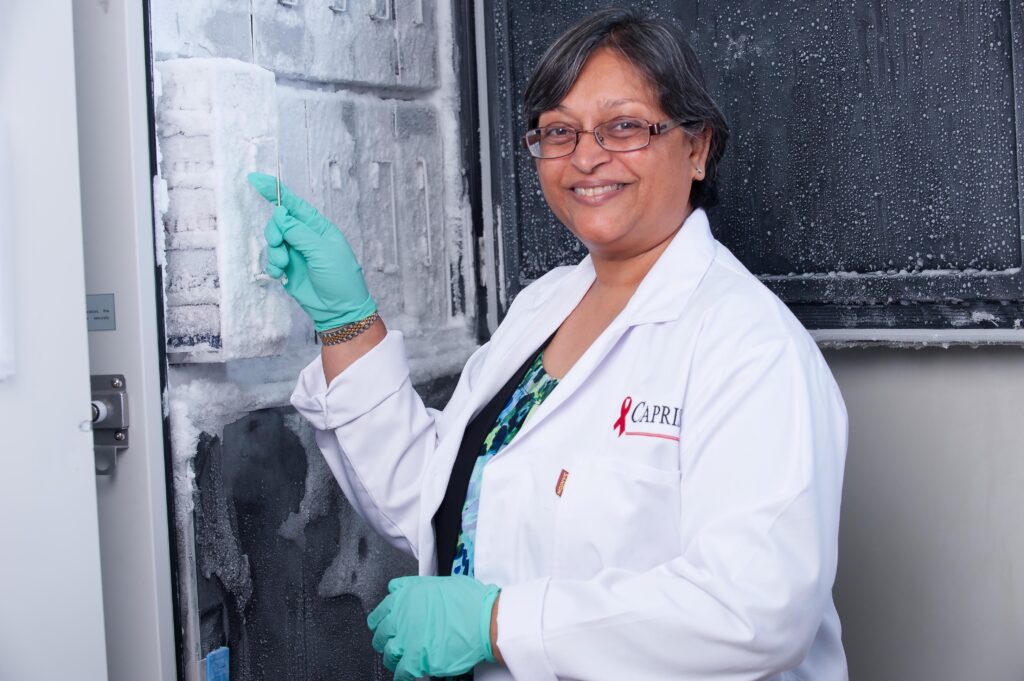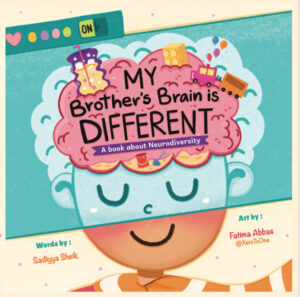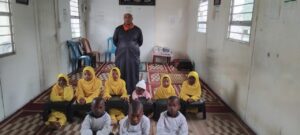
[Photo Credit - Val Adamson]
Professor Qurraisha Abdool Karim and her husband Professor Salim Abdool Karim will jointly receive a prestigious award for their contribution to Medical Research to be presented to them in Tunisia next week, Nabeelah Shaikh reports.
It is said that behind every great man there is an even greater woman and this proverb holds true, when one hears the name, Professor Qurraisha Abdool Karim.
The world-renowned epidemiologist continues to make waves in the science and medical research fields. Abdool Karim, 62, the wife of world-renowned scientist, Professor Salim Abdool Karim, has resiliently worked hard to fight HIV/Aids in women over the last three decades.
Abdool Karim holds many titles. She is an infectious diseases epidemiologist, the co-founder and Associate Scientific Director of The Centre for the AIDS Programme of Research in South Africa (CAPRISA) at the University of KwaZulu-Natal.
She is a Professor in Clinical Epidemiology, Columbia University, New York, and Pro-Vice Chancellor for African Health.
Abdool Karim is also the United Nations AIDS Special Ambassador for Adolescents and HIV, and she co-chairs the UNAIDS Advisory Group to the Executive Director.
“What many people don’t know about me is that I am also a qualified high school mathematics and physical science teacher,” said Abdool Karim.
Abdool Karim’s scientific contributions in highlighting the vulnerability of young women, the need for women-initiated technologies and integration of HIV prevention efforts into sexual reproductive health services, has been recognised by more than 30 local and international prestigious awards. This includes South Africa’s highest honour, the Order of Mapungubwe, from the President of South Africa.
To add to her accolades, earlier this month, Abdool Karim was awarded the prestigious Hideyo Noguchi Prize in the Medical Research category. She was selected for the prize as a joint recipient, along with her husband of 34 years, Professor Salim Abdool Karim.
The award, to be presented by the government of Japan, is in recognition of the two professors’ contributions to HIV/AIDS prevention and treatment through scientifically rigorous research for their role in training African scientists and for their scientific leadership in the response to Covid-19 in Africa.
It is the first time that this award is being bestowed on South African scientists. Abdool Karim is expected to receive the award in Tunisia on Sunday, 28 August.
“I am deeply honoured and privileged. This is the apex Global Health Award that is made once every five years and it is incredible that we are the fourth recipients of this award that recognises three decades of research by a large team, many volunteers in our research, collaborators and sponsors of our research,” said Abdool Karim.
Her journey to becoming one of the world’s leading AIDS researchers and scientists all began with a passion to want to do something meaningful, to improve the lives of people. Over the past 32 years, she has focused on preventing HIV infection in adolescent girls and young women. This includes the conduct of clinical trials from the early phase through proof of concept and implementation of new discoveries.
“The huge and urgent need to prevent HIV infection in young women keeps me motivated to continue with my work,” said Abdool Karim. She pursued her passions in science because of this.
Abdool Karim was born and raised in Tongaat, in the north of KwaZulu-Natal.
During her youth, and at the start of her career, she says there were many challenges that she encountered.
“But I was fortunate to have great mentors and the support of my family. Nothing worthwhile is easy. I interspersed my studying with working to get more hands on experience and also to save money to pay for my studies. While this meant completing my studies took longer, I also benefited from the experience I garnered working as a scientist,” said Abdool Karim.
Abdool Karim believes it’s important to have a fair representation of women in science, technology, engineering, and mathematics fields.
“Men and women bring complementary insights to challenges, and this is well demonstrated by my husband and myself, therefore it is very important to ensure fair representation,” said Karim.
At 62-years-old, her goal is to find a vaccine and a cure for HIV so she can help prevent HIV infection in young women.
Abdool Karim says if there’s one thing she could change about the world, it would be: “for everyone to be more mindful to respect each other as one humanity on planet earth.”
Her advice to women, as Women’s Month draws to a close, is to take time to be kind to yourself, dream big, believe in yourself, find your passion and then pursue it with excellence and persistence.


